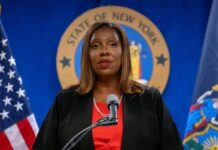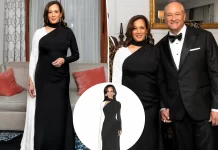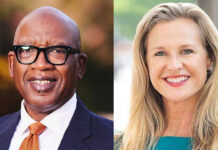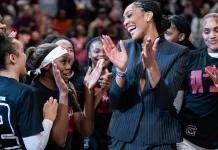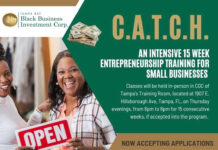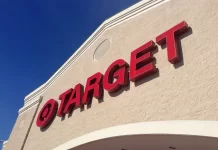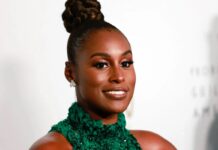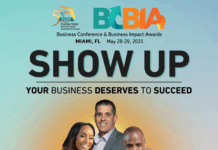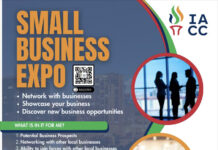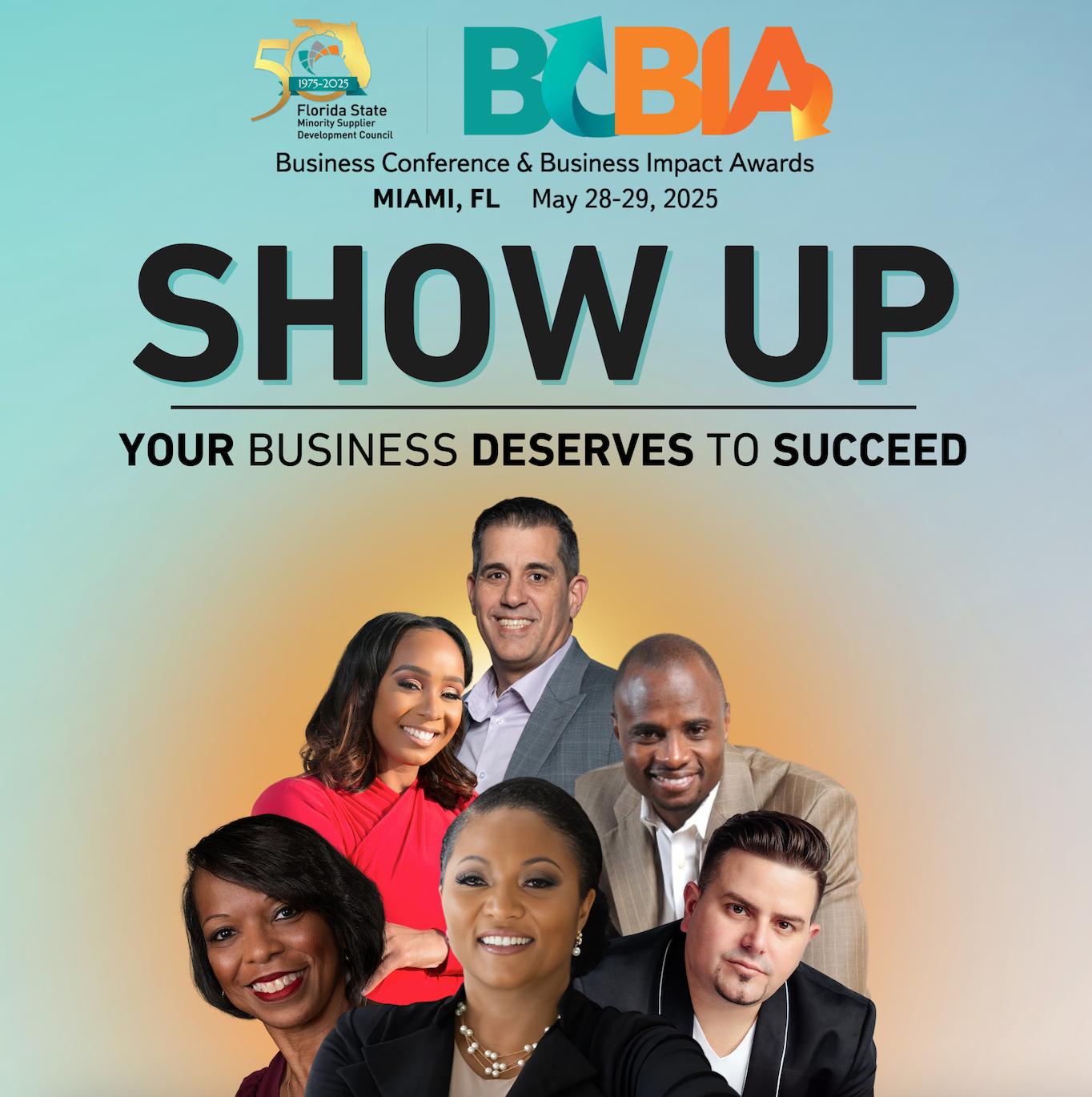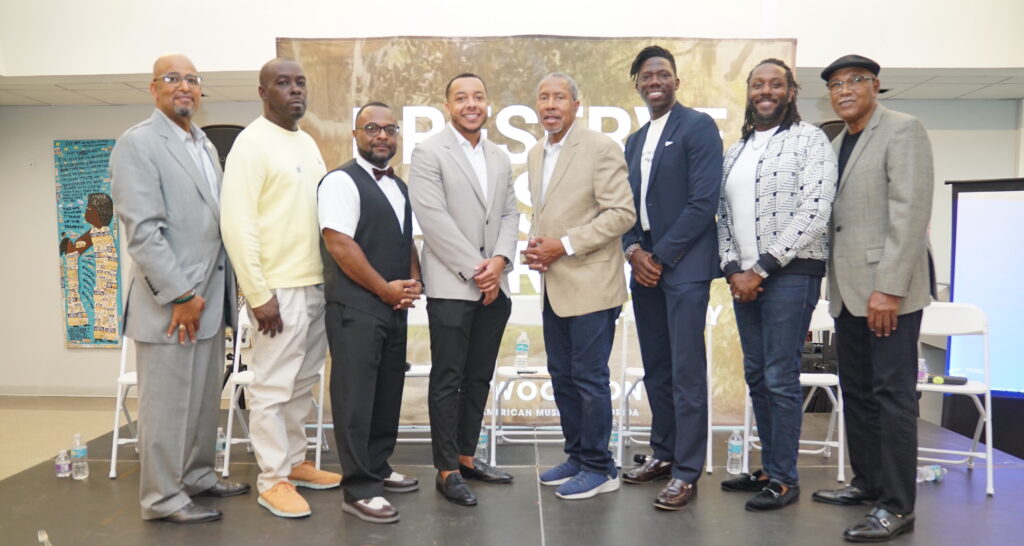
The Power of the Vote Collective sponsored “A Candid Conversation on Why Black Men Do & Don’t Vote,” discussion at the Woodson African American Museum of Florida on Tuesday, September 17.
A full house of about 70 community members attended in person at the Woodson African American Museum; and virtually, and about 60 tuned in via Zoom to hear the panel of activists, educators, officials, and media entrepreneurs converse.
Rev. Kenny Irby of Historic Bethel African Methodist Episcopal Church, who serves as faith and community justice liaison for the City of St. Petersburg, moderated the discussion.
Panelists included John Bailey, founder of Life from Inside Out; State Senator Darryl Rouson; City Councilmember John Muhammad; owner of Get Zot Media Anthony Williams; Dr. Byron Green-Calisch, founder of Green Phoenix Solutions; Marcus Brooks, executive director of the Center for Health Equity; and Jamison Carnegie, outreach coordinator for U.S. Rep. Kathy Castor.
Irby began by recalling the meaning of the vote for all Americans, emphasizing the fundamental importance of voting as civic participation vital to our country’s identity.
SPPD’s former director of community intervention and juvenile outreach also said he considered himself a patriot who was proud to be an American and began by asking participants to share a fact about their own relationship to voting.
Among the responses, both Williams and Green-Calisch gave credit to ancestors, with Williams calling out the spirit of long-time St. Pete community activist Theresa “Mama Tee” Lassiter and Green-Calisch crediting his activism to the legacy of James Baldwin.
Brooks said he felt responsible to make sure the next generation would have what they needed to be successful, as he was “a product of a generation that did a whole lot for me to be sitting on the stage today.”
With upbringings ranging from St. Petersburg, Clearwater, and Bradenton, Florida, to New Orleans, Greensville, NC, and Mobile, Alabama, the panelists’ voting status ran the gamut — from never having voted (Bailey) to Wiliams being a first-time voter in 2016 after completing the steps necessary to regain his right to vote.
Irby’s question on recent articles discussing Black male “invisibility” and the lack of attention to Black male voters by political candidates got an immediate response from Bailey – who said disenfranchisement is one way former-felons have long been ignored.
At 77, Bailey is founder of a nonprofit dedicated to helping returning citizens with housing, employment, and health services; he is also currently working with the St. Petersburg League of Women Voters to help returning citizens restore their voting rights.
He shared that getting caught up in the system as a youth kept him from voting, and that today, on probation, he is still unable to vote. “I feel pretty much disenfranchised; that the system has always worked against us,” he noted, adding gerrymandering and voter suppression among ongoing ways disenfranchisement occurs for many.
Anthony Williams responded from his role as a media expert. “Every week I do a lot of research to get prepared for my show,” shared the host of 99.1 FM Jamz “The Voice of the People” radio program. “I don’t think Democrats or Republicans have any language that speaks directly to Black men, period. You’ll see campaigns and they’ll look right past us and look to our women.”
Williams added that a large number of returning citizens may be uncertain about their voting status; he noted that men who are confronted with their record on numerous job applications are already turned off and aren’t “even trying to vote – so that’s another issue that we have to address.”
Senator Rouson noted that Black people, not just Black men, have a historic mistrust of voting; Carnegie agreed, also pointing to the unbalanced and negative messaging regarding Harris that was impacting voter trust, and the need for voter education that was unbiased and truthful.
During the evening, both Green-Calisch and Brooks spoke to the need to acknowledge that Black men have individual identities which need to be considered when speaking to the Black male voter bloc.
Green-Calisch pointed to the importance of the church as a place to connect to voters, while Brooks mentioned the vital conversations that have historically happened within community barbershops.
Green-Calisch said the diverse perspectives on the panel showed, “Black men are not a monolith. All of us have our own intersections, and we exist in our everyday lives in those intersections.”
Councilman Muhammad also addressed the tendency to be suspicious of leaders who might be considered “disconnected from the rest of the community because you’re not embracing the struggle.”
Referring to the “you’re not like us” or “you’re not a Black man” perspective that can drive a wedge within the community, Muhammad decried the attitude that says, “if I have a nice car, or if I live in a better neighborhood, in some way, it feels like I’m not being sincere in my service to our community.”
Senator Rouson echoed these thoughts with the comment that “the Black community is not a monolith, but a mosaic of speech, of feeling, of behavior.”
Irby also questioned the panel on whether race or gender would influence the Black male vote, and whether VP Harris would have to battle sexism among men and “Black men in particular.”
Carnegie acknowledged that sexism would undoubtedly play a role in Black males questioning Harris’ ability, and his frustration with that sexism was evident.
As the youngest member of the panel, the 26-year-old former director of Mt. Zion Human Services and current U.S. Congressional staffer was clearly aggravated at the ongoing challenges to Harris’s reputation, record, and ability.
He scoffed at the question, “’She sits across from leaders — is she going to be strong enough?’ She’s done it already. Like this story is old, it’s tired.”
The excitement accompanying the conversation was proof that the community needs more opportunities to uncover the fresh, bold, and brutally honest perspectives within Tampa Bay’s Black male demographic.
Brooks affirmed this, saying panels offering such a wide diversity of socialization and backgrounds as those sitting on the stage that day were rare.
“These experiences are too few far and in-between…these engagements are necessary. There is a requirement that we have, to come together collectively.”
A survey of attendees revealed stark differences in opinion on the upcoming election. See the results here.
To watch the entire conversation, go to Power Broker media Group on YouTube.


